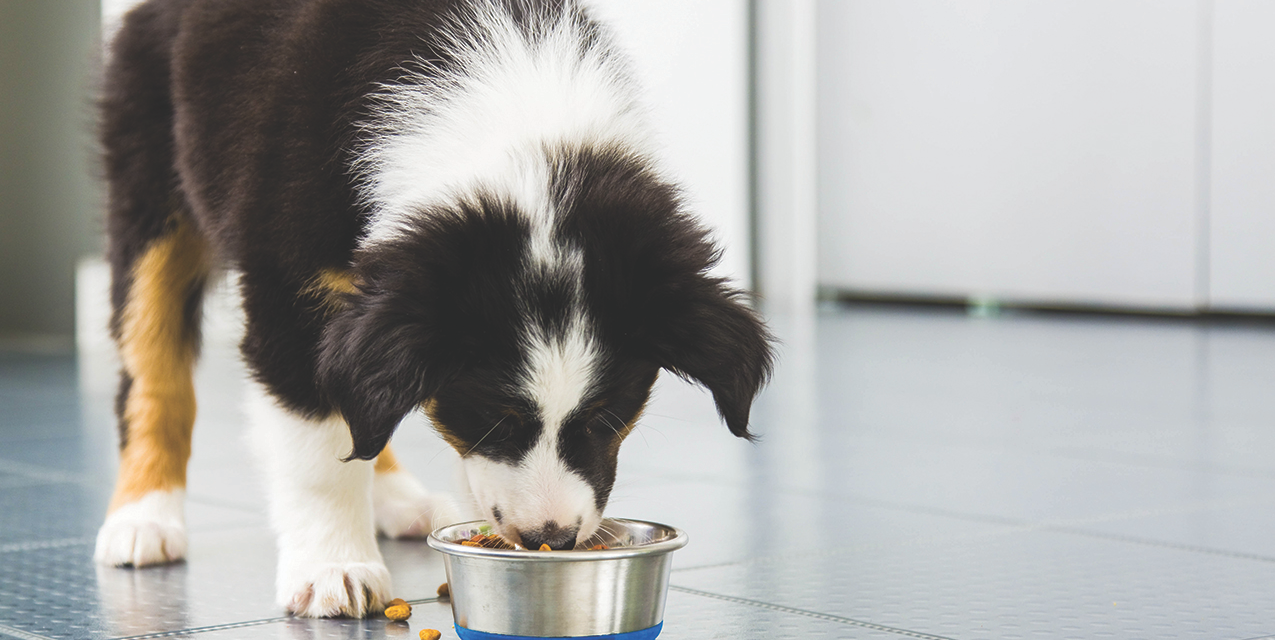Maintaining a healthy weight is no small task. Shifting metabolisms as human beings age requires routine tweaking of diets to avoid putting on extra weight. Though that’s a concept many adults recognize, few may realize that dogs are also vulnerable to weight gain. And just like their human companions, dogs that carry excess weight could be vulnerable to a host of dangerous ailments.
A veterinarian can help dog owners determine if it’s time to tweak an animal’s diet. In the meantime, if man’s best friend seems to be putting on a few extra pounds, dog owners can look to a host of variables to determine if they’re contributing to weight gain.
Treats.
It’s hard to resist a dog’s wagging tail, and few things excite dogs more than treats. However, excessive amounts of treats can do more harm than good. In an interview with PetMD.com, Dr. Judy Morgan, DVM, noted that pets need approximately 20 to 30 calories per pound of body weight per day. So, a 20-pound dog will only require between 400 and 600 calories per day. The majority of those calories should come from healthy dog foods, not treats. Dog owners should read dog treat packaging to determine how many calories each treat contains. The results may be shocking. If dog treats are a daily component of a dog’s diet, limit their consumption and look for low-calorie treats to help dogs shed excess pounds.
Exercise.
A sedentary lifestyle is as detrimental to dogs as it is to their human companions. The American Kennel Club notes that the amount of exercise dogs need is breed-specific. For example, a high-energy breed like a border collie will require more exercise than a low-energy breed like an English bulldog. Preexisting health conditions also must be considered when determining how much exercise a dog needs. Dog owners can develop an exercise regimen with their veterinarians, but it’s important to note that the AKC says even senior dogs need daily exercise.
Food quality.
The quality of food also must be examined if dogs are putting on excess weight. Even if dogs’ calorie intake is adequate and not excessive and the animals exercise regularly, they could still be gaining weight if the quality of their food is subpar. It can be difficult to determine what is and isn’t a quality dog food, and the AKC notes that breeds have different nutritional needs based on their size. But if excessive treats and lack of exercise are not the culprits behind weight gain, low-quality dog food could be to blame. A veterinarian can help dog owners pick a healthy food, and during that discussion the vet will likely examine the pet to determine if the weight gain is linked to an undiagnosed medical condition.
Weight gain in dogs can contribute to a host of negative health outcomes. It’s up to dog owners to take steps to ensure dogs maintain a healthy weight.












